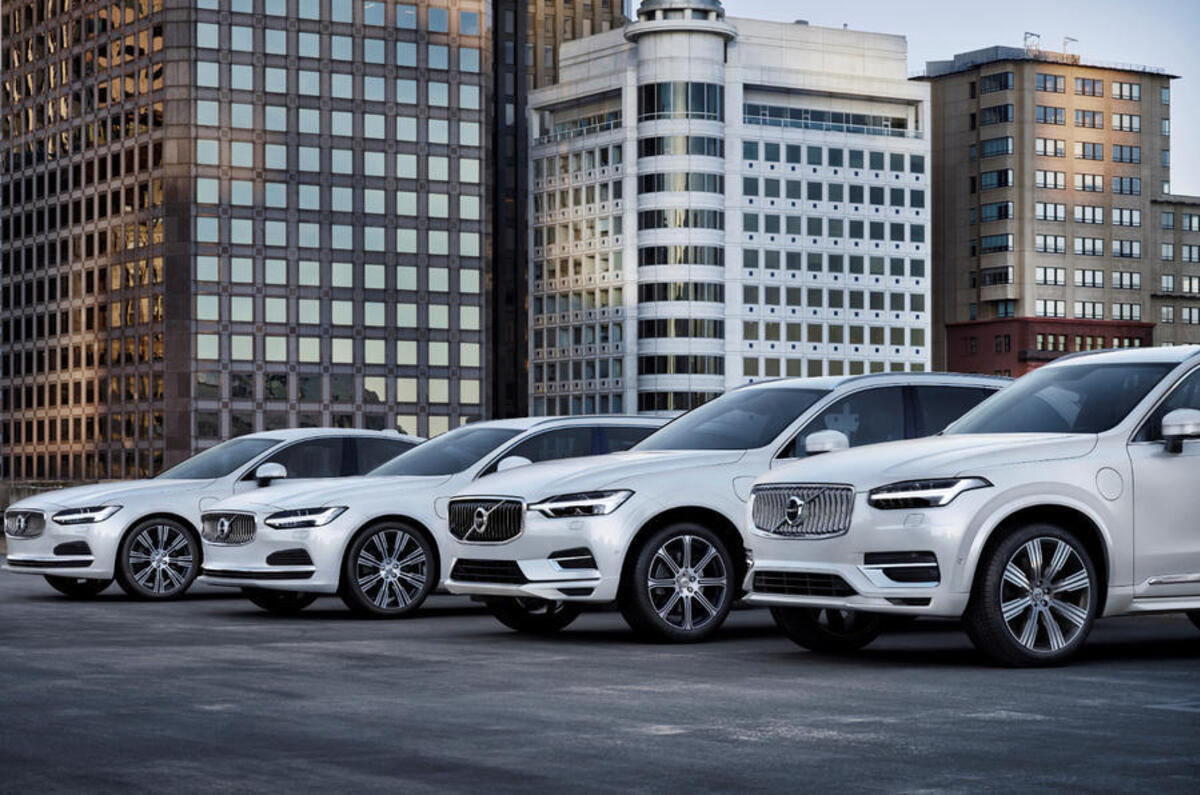Volvo had its strongest financial year on record in 2021, reporting best-ever revenue and profitability even in spite of the ongoing supply chain crisis.
The company recorded revenues of SEK 282bn (£22.35bn) in 2021, up from SEK 262.8 (20.84bn) in 2020 – with operating income soaring by SEK 11.8bn (£0.94bn) year-on-year.




Join the debate
Add your comment
Am surprised that the XC60 outsells the smaller XC40, and that the large XC90 is not that far behind in the sales figure.
Further surprised that estates, Volvo's traditional strong point, sold worse than saloons. On reflection, maybe it makes sense, because the dominant market now is China not Europe where in China saloons are preferred over estates.
JLR take note!
Of course, rampant discounting to the fleet market does help.